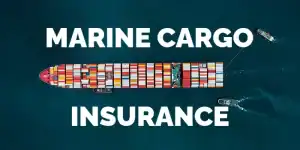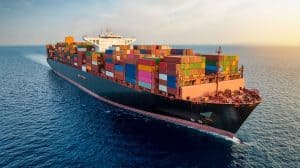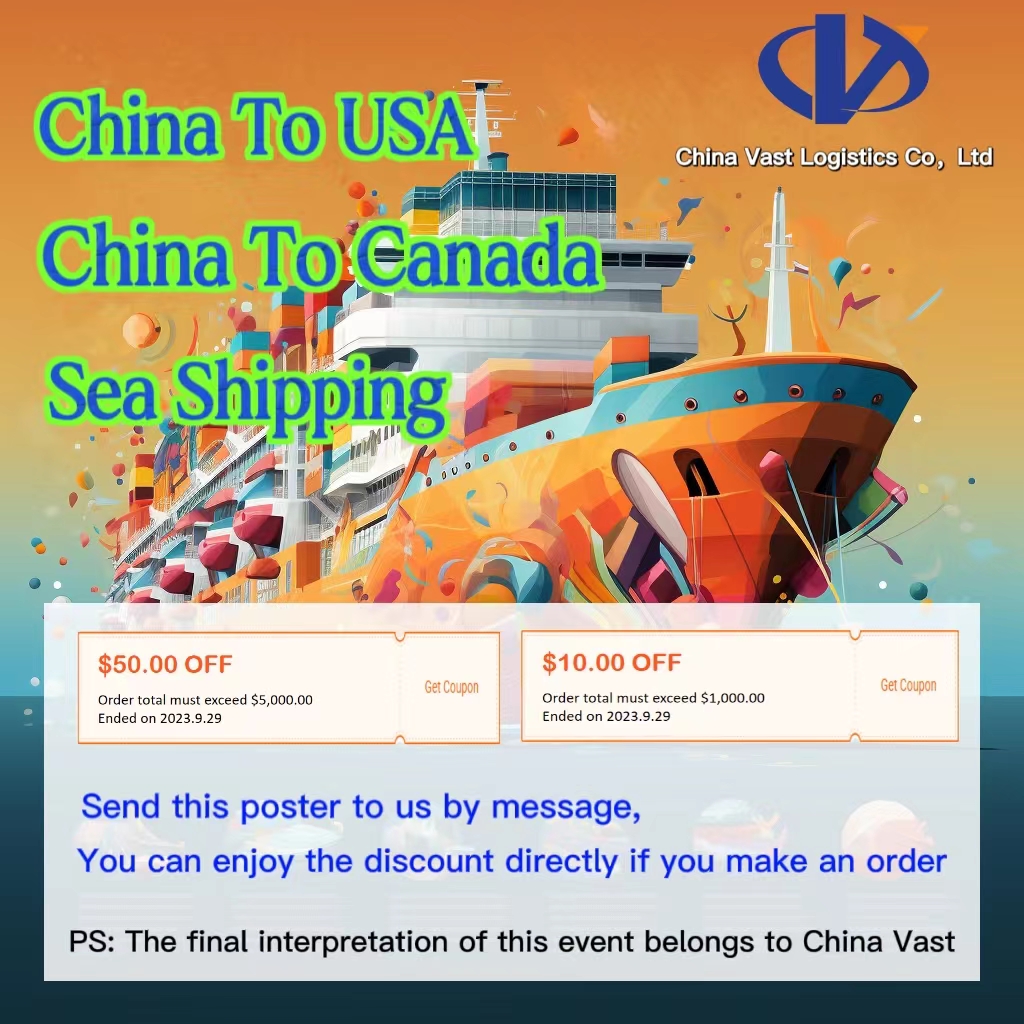In today’s globalized trade system, marine cargo insurance plays a vital role. It not only concerns the safety of goods but also ensures the smooth operation of trade. Choosing the right insurance is crucial to safeguard goods against various risks during transportation.

I. Marine Cargo Insurance: Coverage Scope
Marine cargo insurance covers perils of the sea and extraneous risks, which include:
1. Perils of the Sea
These are risks covered by the insurer that occur at sea or in locations connecting the sea with land, inland rivers, or barges. They include natural disasters and accidental incidents:
- Natural Disasters (Natural Calamities): According to the UK “Institute Cargo Clauses,” risks categorized as natural disasters include lightning, earthquakes, volcanic eruptions, overboard waves, and water entering ships, barges, transportation equipment, containers, or storage facilities.
- Fortuitous Accidents: These refer to sudden, unforeseen external incidents involving transport equipment, such as grounding, stranding, sinking, collision, fire, explosion, or the disappearance of a vessel.
Note: Marine cargo insurance does not cover every accident at sea—only those explicitly specified within the insurance contract.
2. Extraneous Risks
- General Risks: These vary based on the type and characteristics of the cargo, such as natural spoilage or handling damage.
- Special Risks (Human-Driven): Theft, robbery, war, and similar risks.

II. Key Insurance Clauses in Marine Cargo Insurance
In China’s import and export practices, the “Marine Cargo Insurance Clauses” (CIC) are commonly used. These include three types of insurance coverage:
1. All Risks
Covers the widest range of risks, including all losses caused by natural disasters and accidental incidents.
2. Free from Particular Average (FPA)
Covers only total losses and significant partial losses, excluding general partial losses.
3. With Average (WA)
Provides coverage for partial water damage in addition to the coverage under FPA.
Coverage Scope:
All Risks > WA > FPA

III. Characteristics of Marine Cargo Insurance
Like other import and export cargo insurance policies, marine cargo insurance has the following features:
- Transferability:
Cargo insurance contracts can be transferred through endorsement or other methods, transferring the rights and obligations to another party. - Valued Insurance:
The insured value is determined by agreement between the insurer and the insured. In case of losses, compensation is calculated based on the agreed value and the degree of damage. - Non-Cancellable Contracts:
Cargo insurance is voyage-specific; once the insurance responsibility begins, the contract cannot be terminated.
IV. What is General Average?
General average refers to a legal principle in which, during the same sea voyage, when a ship, cargo, or other properties face a common peril, intentional and reasonable measures are taken, causing special sacrifices or expenses. These losses are shared proportionally by all beneficiaries.
To qualify as general average, the following conditions must be met:
- The peril must be shared, real, and significant.
- The measures taken must be intentional, reasonable, and effective.
- The losses must be special, exceptional, and directly caused by the general average measures.
Examples include:
- Deliberately flooding a ship’s hold with seawater to extinguish a fire.
- Jettisoning cargo to lighten the ship.
- Intentionally grounding the ship for emergency repairs.
V. Common Issues in Cargo Insurance
1. When is the Best Time to Insure?
Insurance should ideally be arranged before or on the day the goods are dispatched to avoid uninsurable risks. If insurance is arranged after dispatch, a backdated insurance letter may be required.
2. How is the Start Date of Coverage Determined?
The start date generally aligns with the shipment date indicated on the bill of lading.
- For multimodal transport, the start date is when the goods leave the location specified in the insurance policy.
- If the document requires, follow the shipment date on the bill of lading.
3. How to Fill the Policy Issue Date?
The issue date must not be later than the shipment date.
4. Can Goods Be Insured After Dispatch?
- Air Freight for Import/Export: Backdating is generally not allowed.
- Domestic Transport (inland waterway, air, or road): Backdating is not allowed.
- Marine Transport for Import/Export:
- People’s Insurance Company of China (PICC): Near-sea voyages require a backdated letter; long-distance voyages up to half the voyage may require backdated letters, beyond which insurance is not allowed.
- Ping An Insurance: Backdating up to three days is allowed. Beyond three days, a backdated letter is required. Insurance is not allowed after voyage completion.
- China Taiping Insurance: Long-distance voyages exceeding seven days are not accepted; backdating beyond three days requires a backdated letter, and up to three days is exempt from this requirement.
Risk Alert
A cargo insurance policy becomes effective as soon as the policy number is issued, marking the start of insurance liability. Original backdated letters must be uniformly archived.
By understanding these aspects of marine cargo insurance, businesses can better manage risks and ensure smoother international trade operations.


